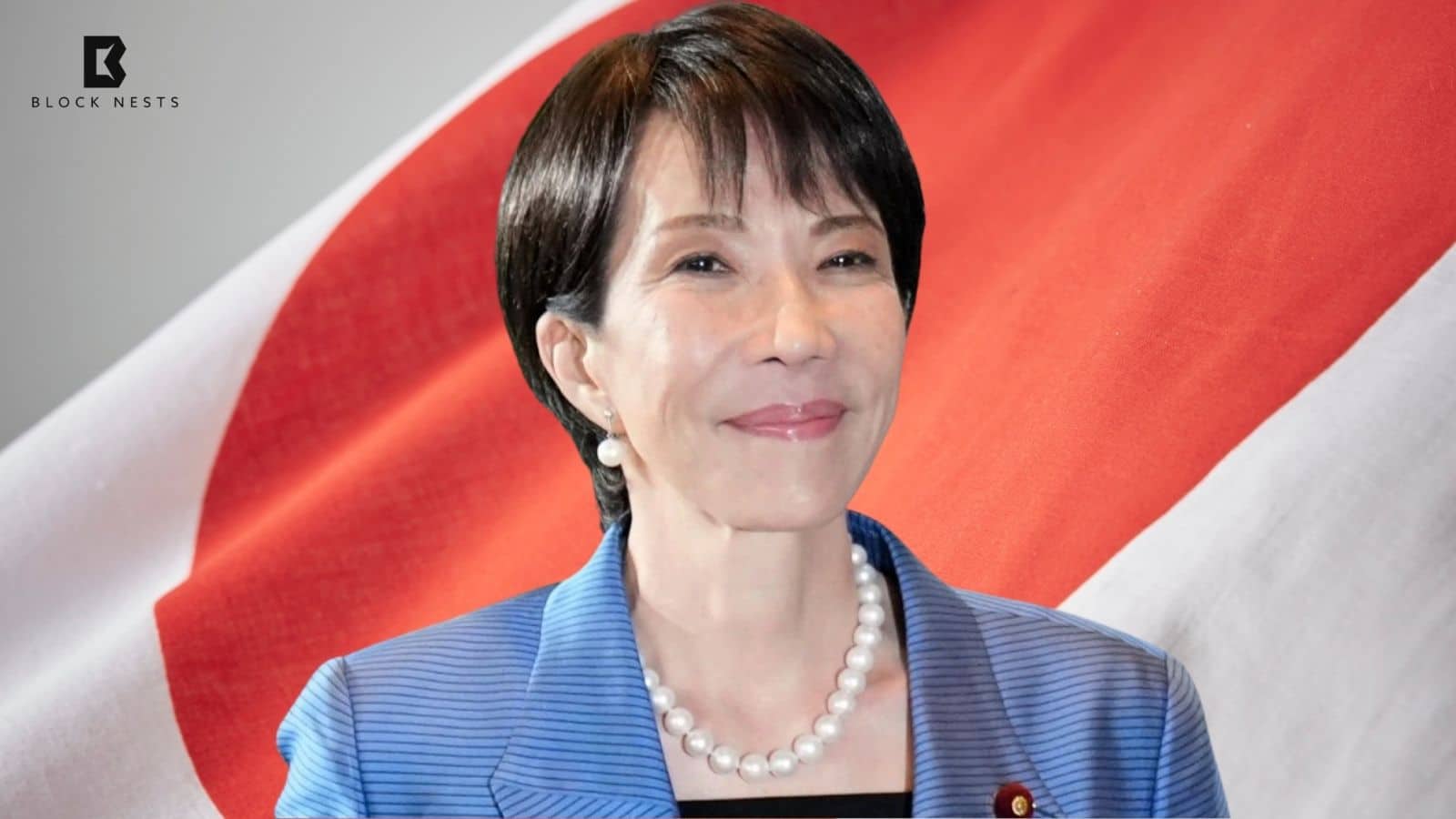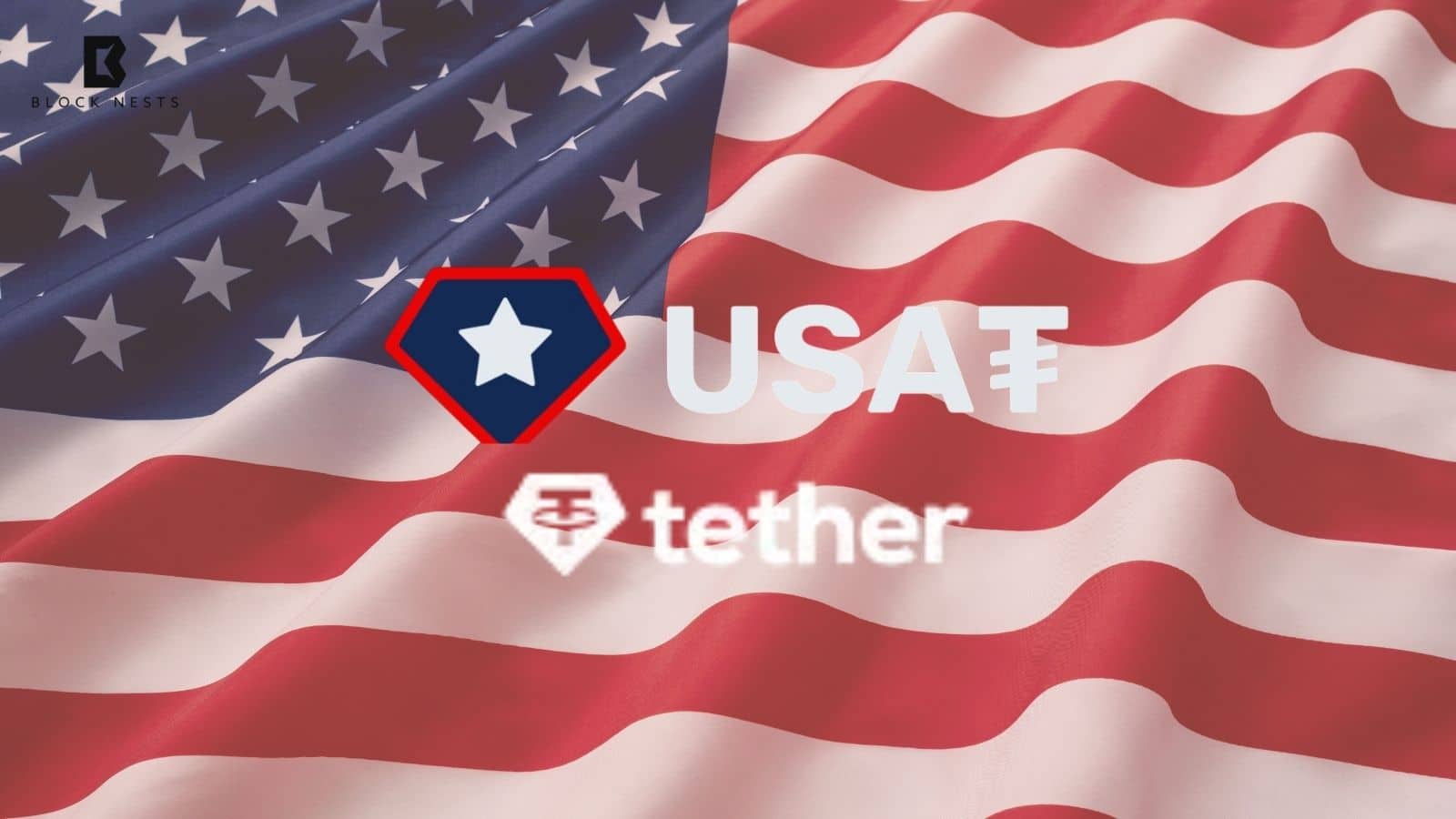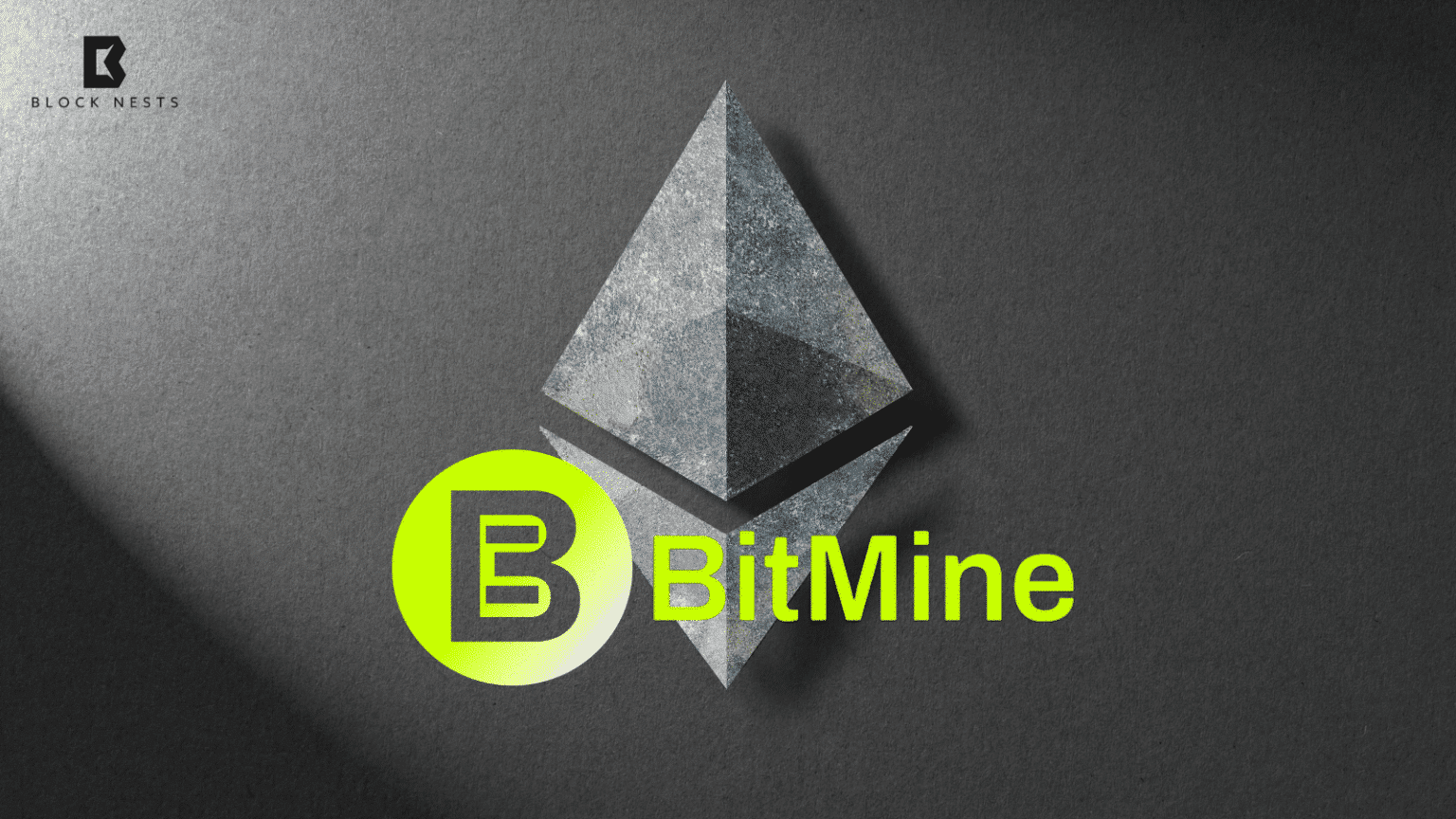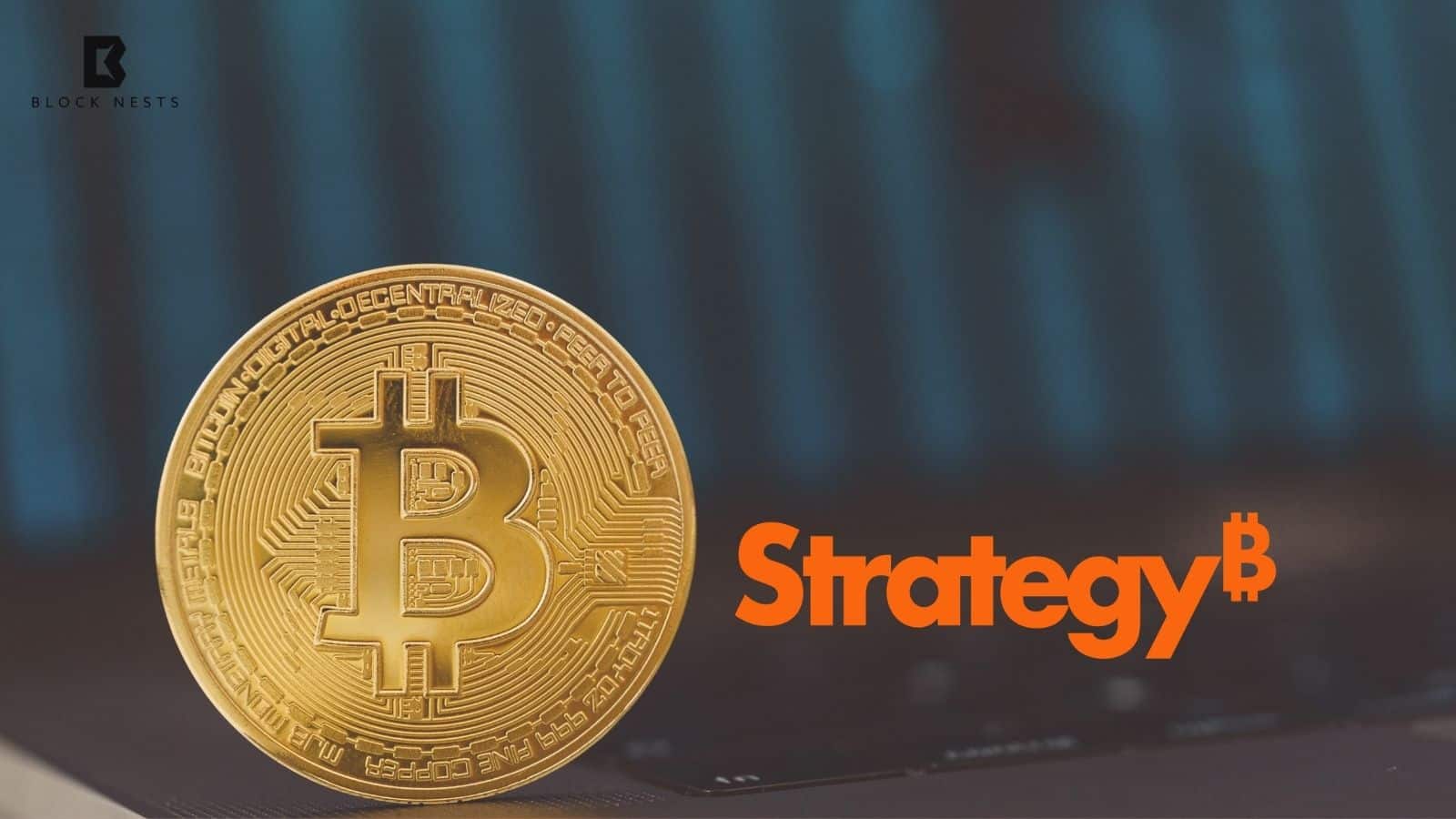- Winklevoss twins oppose Quintenz over crypto-related conflicts and concerns.
- Crypto industry questions Quintenz’s links to Kalshi prediction market.
- Senate delays vote as criticism mounts against CFTC nominee.
Tyler and Cameron Winklevoss strongly oppose Brian Quintenz’s nomination to lead the Commodity Futures Trading Commission (CFTC). They argue that Quintenz’s business ties and policy views present serious risks to the crypto industry’s future.
The twins allege that Kalshi’s seat on the prediction market board presents an intolerable conflict with the CFTC’s duties. Previously found in favor of his nomination, the Winklevoss twins have stepped back after learning something new and alarming.
The White House initially supported Quintenz, but the Senate agriculture committee a few days ago postponed a planned vote without comment. Some reports are claiming that the vote was missing or a lobby was influential, although crypto professionals presume that the force of influence was the person of Winklevoss.
One issue is that Quintenz has supported the idea that developers should be liable for the misuse of smart contract code in the past. Crypto leaders worry that this position may criminalize innovation and damage developers who are working on open-source blockchain systems.
Quintenz has also promoted the idea of increasing the CFTC’s budget, which goes against President Trump’s campaign to shrink the size of government. Tyler Winklevoss says such opinions are not in line with the administration’s decentralization and free market innovation.
Also Read: Whales Quietly Accumulate Over 218,000 Bitcoin as Market Prepares to Surge
Scrutiny Over Kalshi Board Role Raises Ethical Questions
Additional issues have arisen in the nomination process, as evidenced by recent findings by the analyst of prediction markets, Dustin Gouker. According to Gouker, who used a Freedom of Information Act request to find related correspondence, communication between the circle around Quintenz had requested internal data at the CFTC.
The information related to specific contract markets that may compete with Kalshi, where Quin Tenz already sits on the board. QuinTenz has promised to step down from his position with Kalshi if necessary, but critics argue that the damage has already been done.
The crypto community considers this a red flag, believing it will dilute the transparency that federal regulatory leaders must ensure. No other nominee has been announced to replace Quintenz should his nomination be withdrawn.
The administration could choose to appoint someone new to serve as acting chair or keep Caroline Pham in the position. Decentralization is a growing priority among crypto stakeholders, and they need leaders who understand the decentralized world without giving it short shrift in terms of ethical and innovative spirit.
Mounting opposition from the crypto industry has placed serious pressure on Quintenz’s nomination. The future of the CFTC leadership is now in doubt.
Also Read: Coinbase Launches Samsung Pay Integration for Users in U.S. and Canada
How would you rate your experience?






